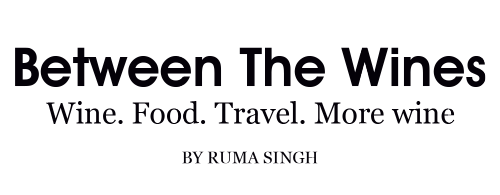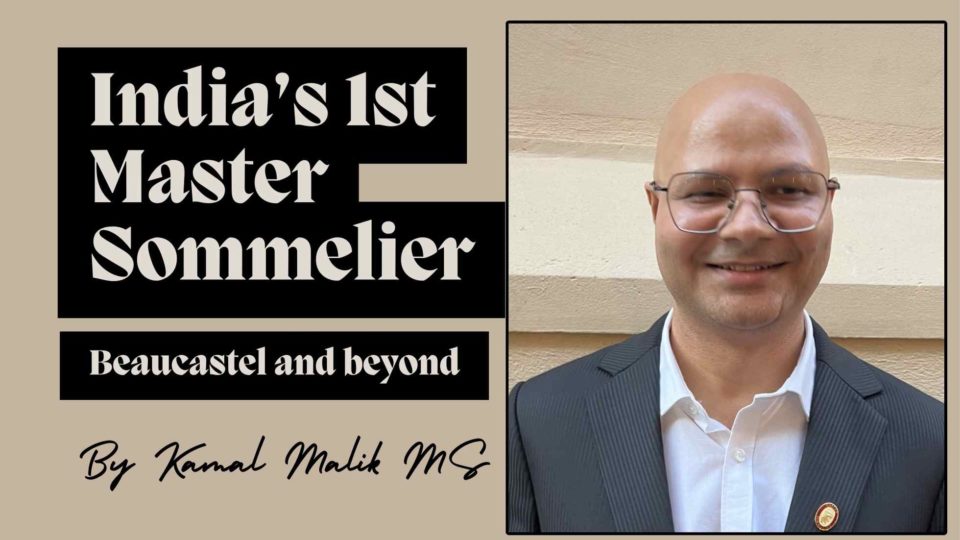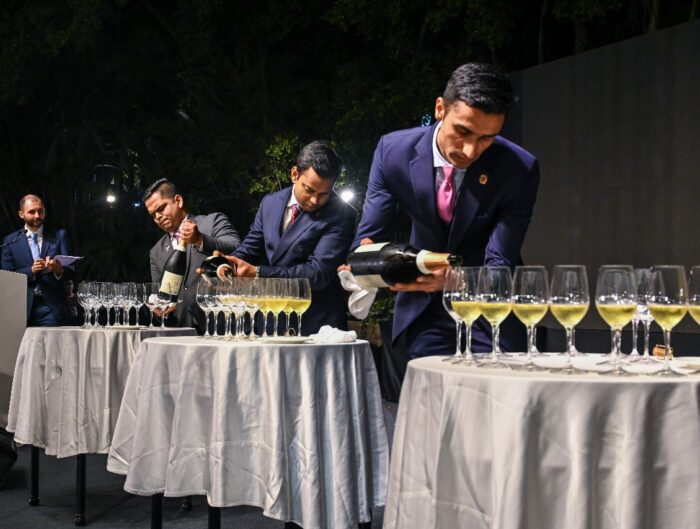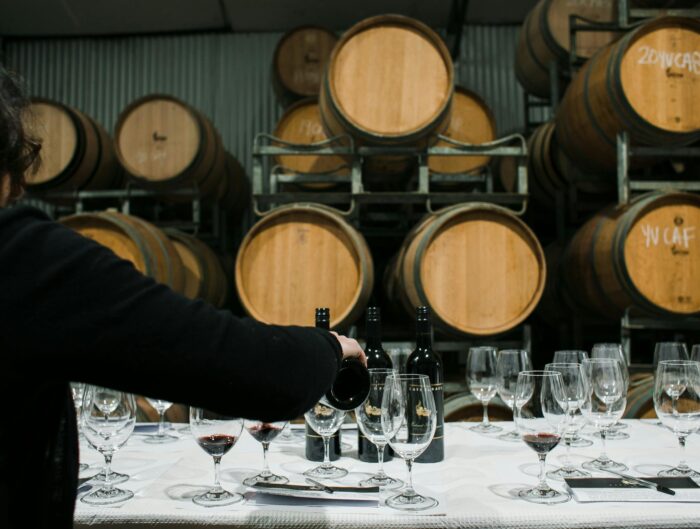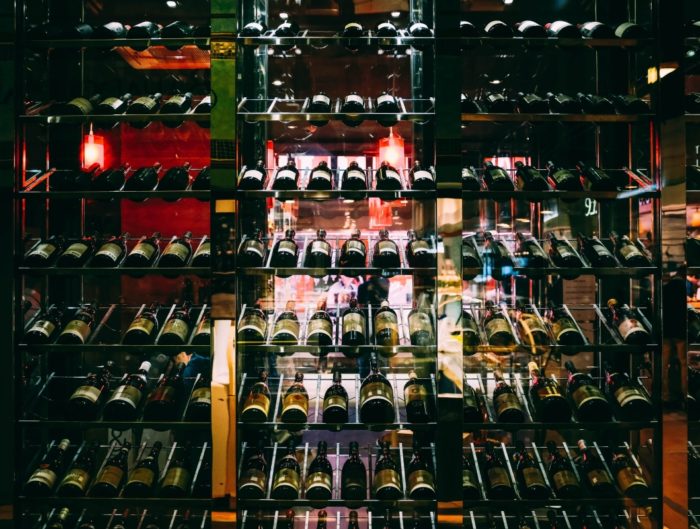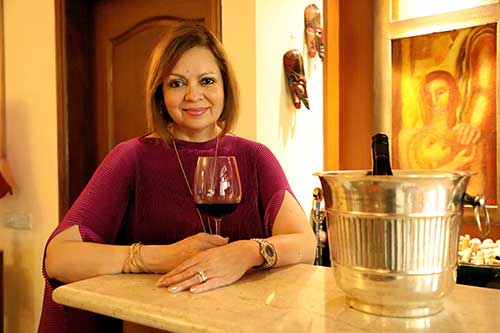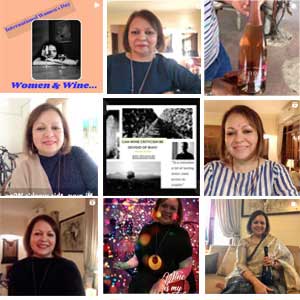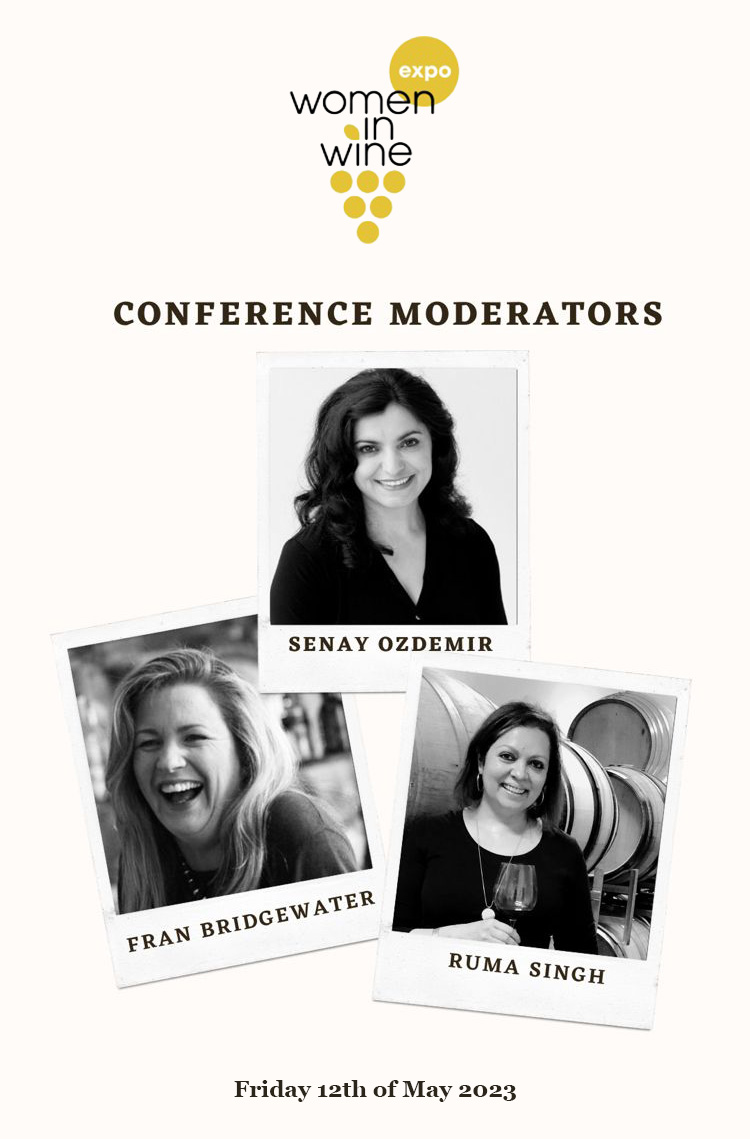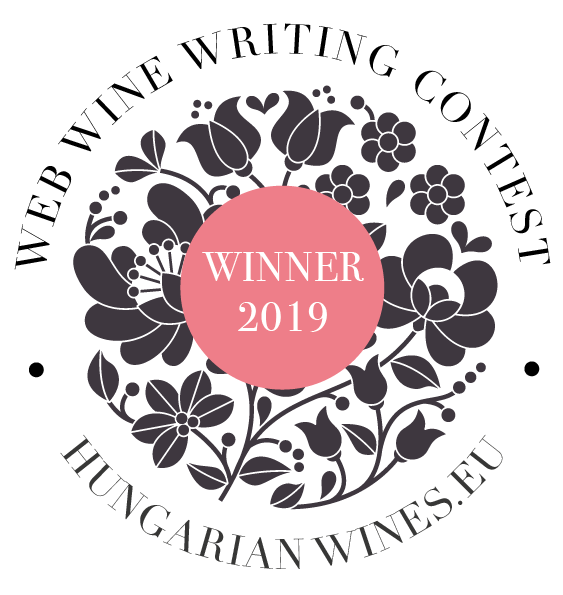Kamal Malik MS has recently been awarded India’s first Master Sommelier pin – a mammoth achievement anywhere in the world, even more so in a country like India where wine culture is still developing. He traces his early days and his journey, explaining how mentorship and support helped him on his journey.
On August 11, 2024, Kamal Malik realized something momentous: he was now authorized to add two very important letters after his name: MS, indicating he was now a Master Sommelier, and just one of 281 in the world to attain this rare achievement. He had passed the final stage of one of the world’s toughest exams in the wine industry.
But he is deliberately low-key, so not too many wine lovers in India have heard of him or realized the extent of his achievements. So, I connected with him over Zoom, and we spent a couple of hours chatting. His quiet demeanour, incisive thinking, and humility were characteristics that were immediately perceptible.
Here are a few outtakes from the interview I was doing with him for Sommelier India.
Kamal and the beginning
Kamal was born in a village called Hassanpur, in Shamli district near Delhi, to a farming family.
“In the fifth grade, I got an opportunity to apply to study at Navodaya Vidyalaya, where I was until the 12th grade. I wasn’t a particularly sharp student (laughs) but I was good at exams: I’d manage to get decent marks. But while I did well in science, I didn’t do as well in maths, so a pure science stream was out.
Navodaya Vidyalaya was a residential school, so accessing teachers’ guidance was not difficult. The assistant catering supervisor told me about hotel management – and I thought that sounded like a good career option. I did the entrance test for IHM Chandigarh in 1999 and got a seat.
I explained my choice to my parents. None of us had even entered a five-star hotel. They said, fine, if that’s what you want to do… I replied, “Let’s find out.” In any case, I was the most literate member of my family by grade 12. So, I went to Chandigarh.
The learning and the mentorships
I quickly realized that writing English wasn’t the only thing I needed to master – I needed to speak it well too. By year two, you had wine and spirits in the curriculum, and I kind of liked it. So, I picked up a book from the library – it was written by Brian Julyan. It was dry, but it helped me master the technical aspects of wine.
I went on to work with the Taj group and later, the Conrad and Waldorf Astoria. Early on, most of my work was centred around bartending. Then at one point, Sanjay Menon came to do wine training with us. I instantly realized wine was really tasty stuff (laughs). You know, I was a teetotaller at the time. So, the first wine I ever tasted was Gentil from Hugel. It was perfumed and I liked it a lot. The other wine I enjoyed then was white Zinfandel, which was quite sweet. (smiles). It’s a good beginner’s wine, and then as you grow up, you move from sweet to dry.
I learned what a sommelier qualification from the Court of Master Sommeliers was thanks to another mentor, Vikramaditya Singh, who had returned from the USA, qualified as a certified sommelier. He asked me to create a wine list for the hotel we were working at – we put together a list of 150 labels which was a huge list in the year 2000 in India. Then, of course, the immediate challenge begins – Kamal becomes indispensable because he is the guy who made the menu so he must find that damn bottle, and tell the guest the difference between this wine and that one! (laughs)
Eventually, I moved to the Maldives. That’s when I realized that wine tastes very different there because of the storage conditions in India. Even now, storage remains an issue in India, it’s a very sad situation. A dead body is a dead body: if a wine dies you cannot revive it.
The Beaucastel internship
In 2010, I did my WSET Level 2 and won a scholarship to Champagne. I thought since I was getting a ticket to travel to France, I should do something more there. I reached out to Sanjay Menon who distributed the wines of the Perrin family, including Beaucastel. He told me, “Let me connect you to Pierre Perrin (the Perrins own Chateau de Beaucastel).”
It was quite funny – Perrin had visited the Waldorf Astoria in the Maldives while I was there, along with a group of Rhône Valley winemakers. As head sommelier, I was expected to host the dinner, and tell these winemakers stories about wine! (laughs). How did I handle it? Well, for starters I ensured there would be no Rhône wine served at the dinner! I picked some really nice wines, and once you have nice wines in hand, they really tell their own story.
So, back to Beaucastel. Once I reached the Rhône, I spent a week in the winery, bottling. Then Pierre Perrin met me. “Ah, you have come for the harvest, so come with me.” He took me to the vineyards just next to the ruins of the Chateauneuf-du-Pape castle, where harvest was going on. And he explained the differences in the vines – the Syrah, versus the Grenache. Then after a while he said, let’s go to the main Perrin Family winery. Here, they made something like two million bottles at the time, I think, with just 10 employees managing the winery, and overseeing things. Then a week later, he said it was time to go to Chateau de Beaucastel, and I immediately realized the stark difference between the two – here there were eight people at the sorting table alone!
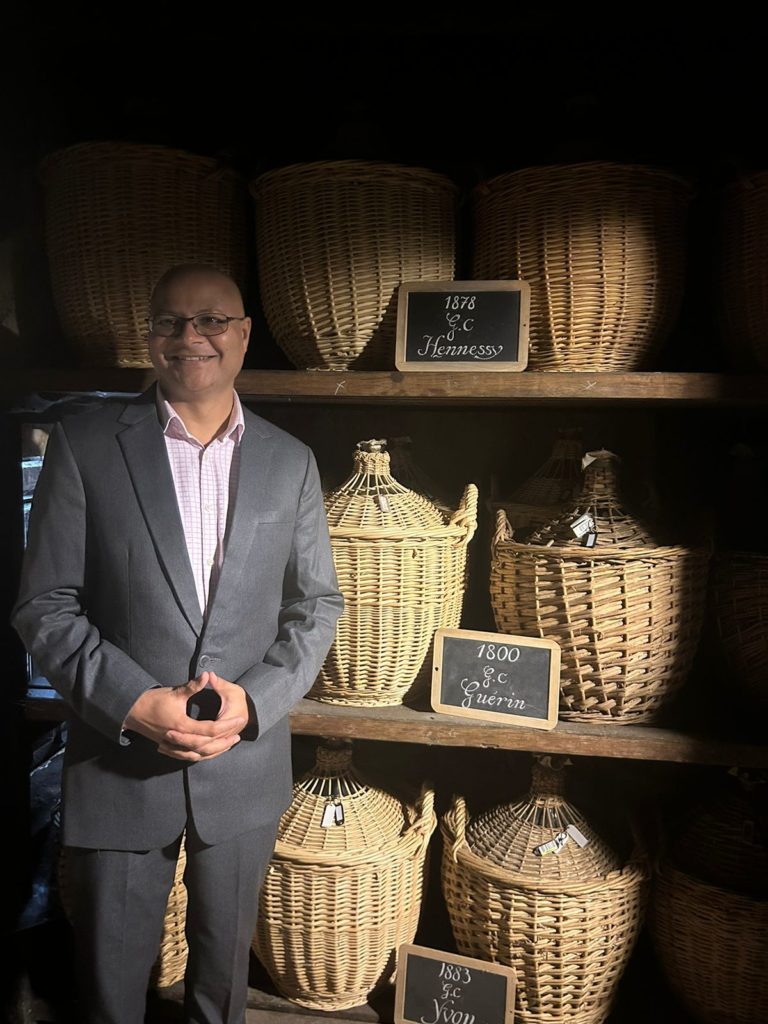
On deciding on a career in hospitality
“Not one member of my family had even entered a five-star hotel. They said if that’s what you want to do… I replied, “Let’s find out.”
It was very thoughtful of him because I would not have understood quality, or what to observe. So, every morning he would pick me up at 8 am and we would return late in the evening. It was really good fun and excellent learning.
(What does Kamal Malik MS think of the Indian wine industry, its path to progress, and what young somms need next? Read it all, including his journey to the rank of Master Sommelier and how he finally aced the exam, in the forthcoming issue of Sommelier India)
